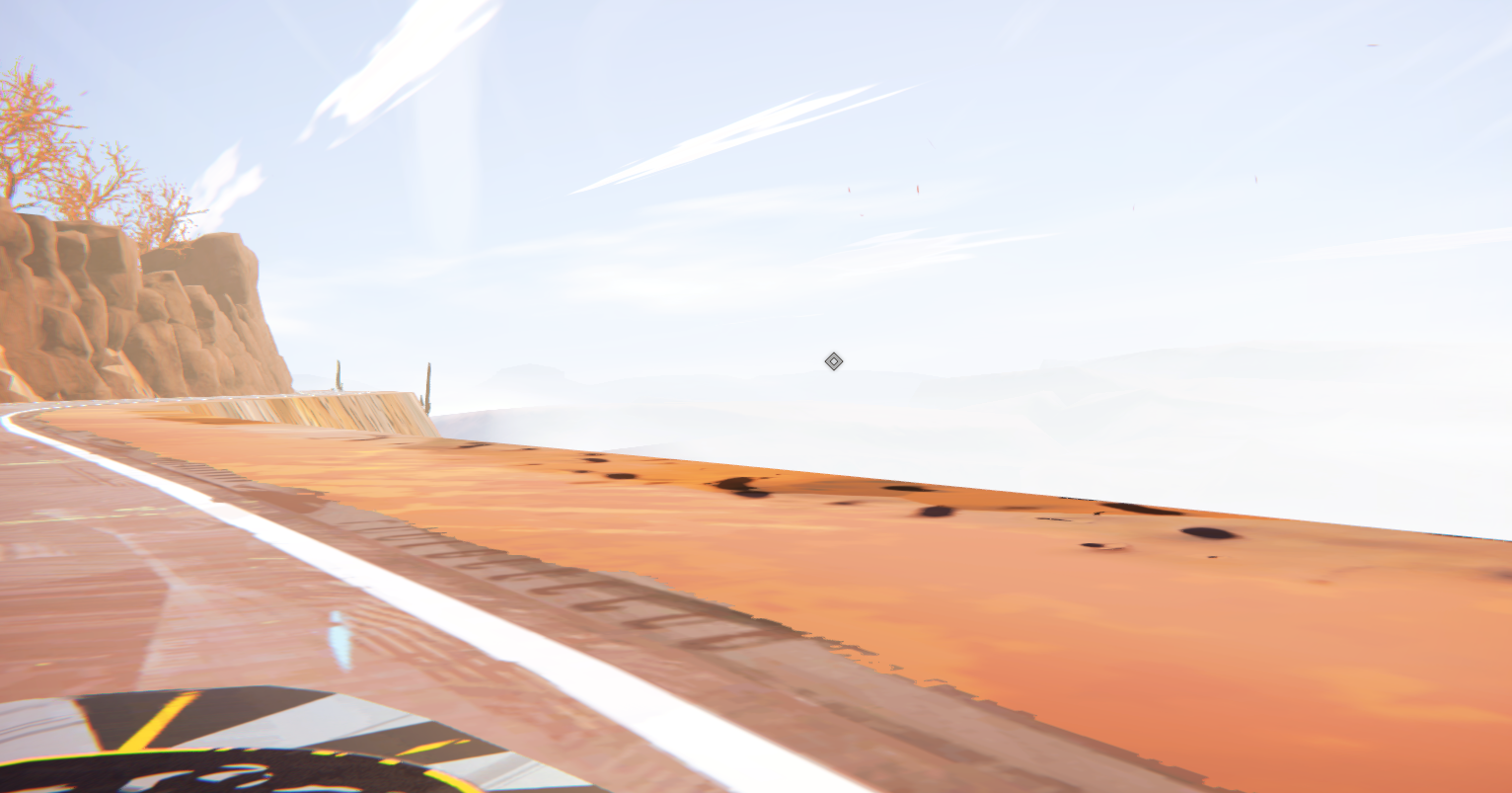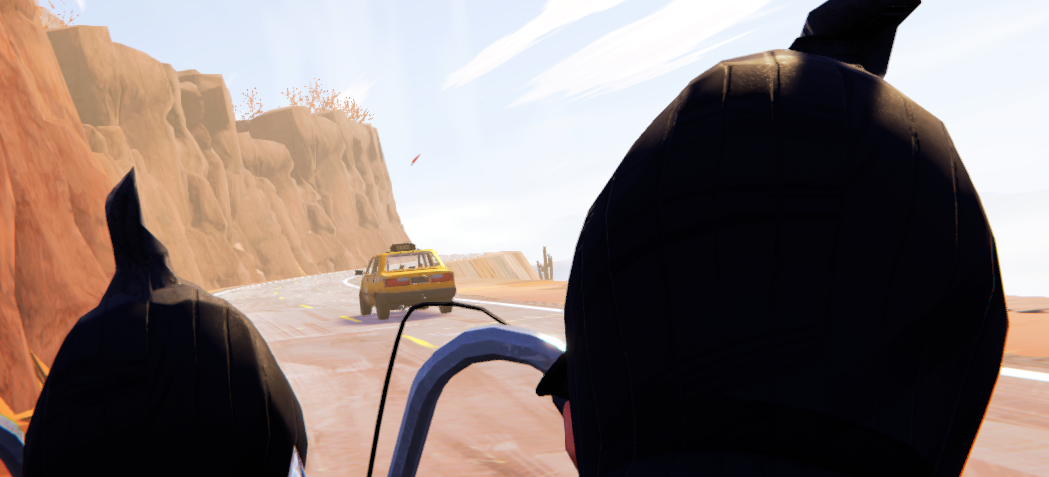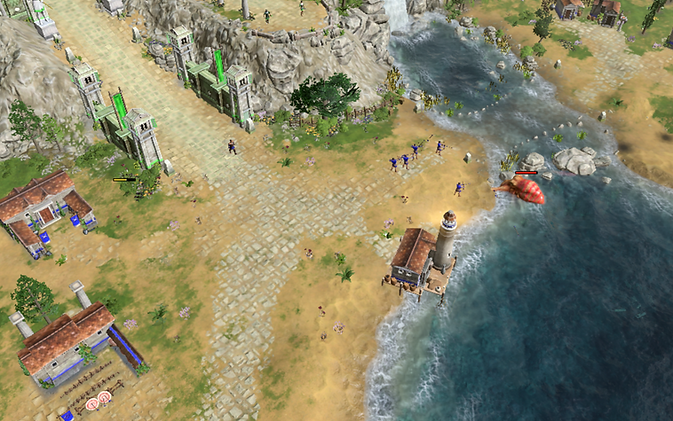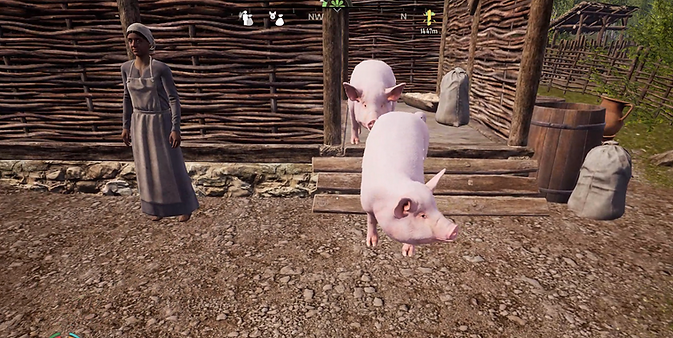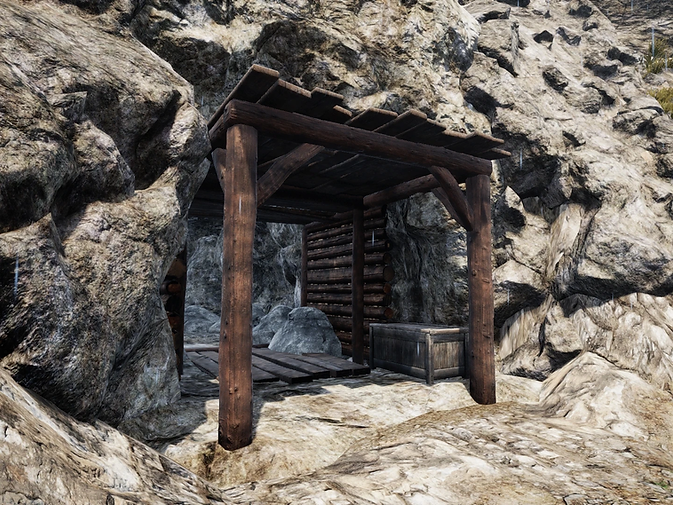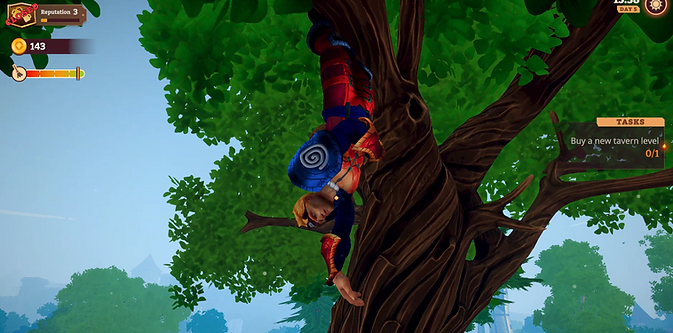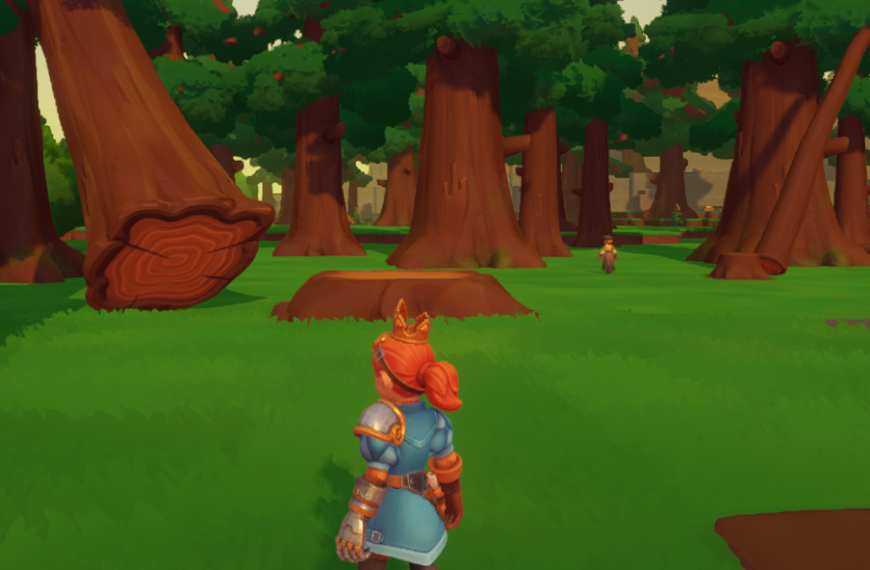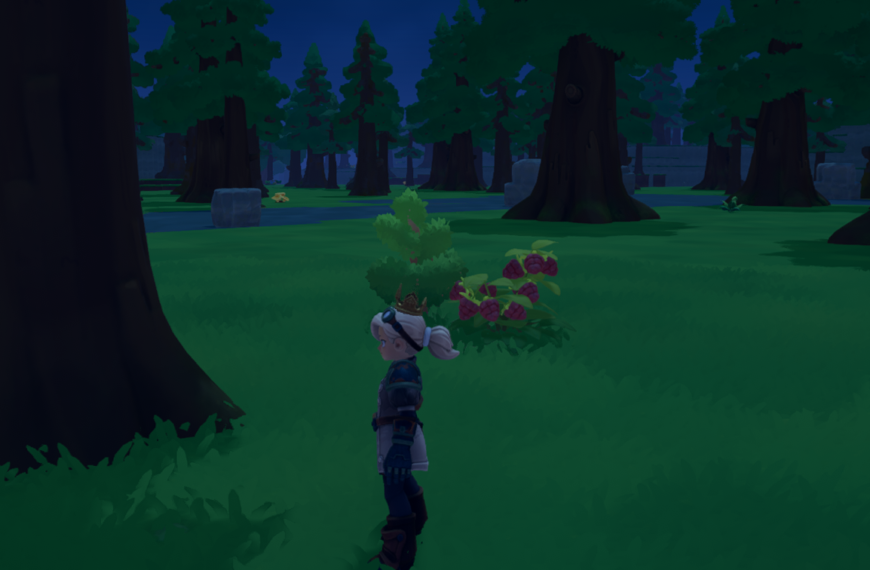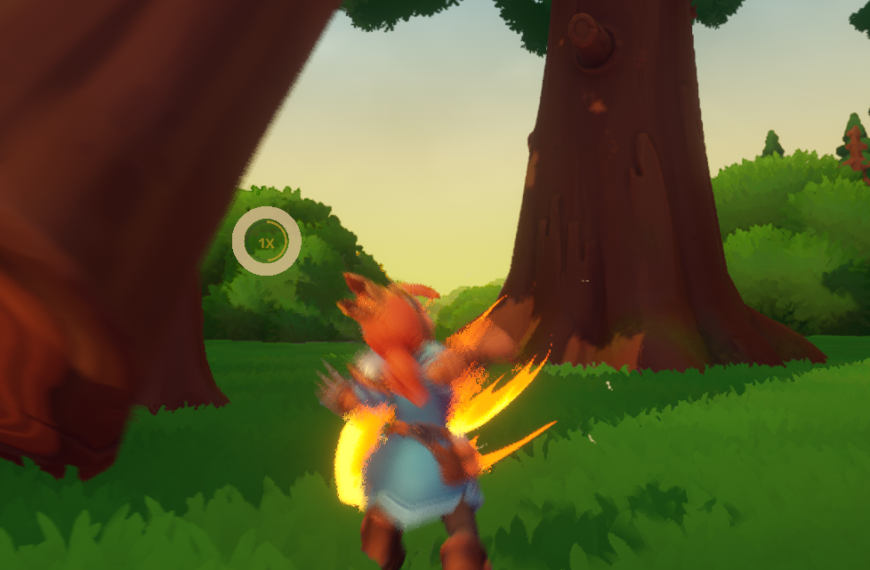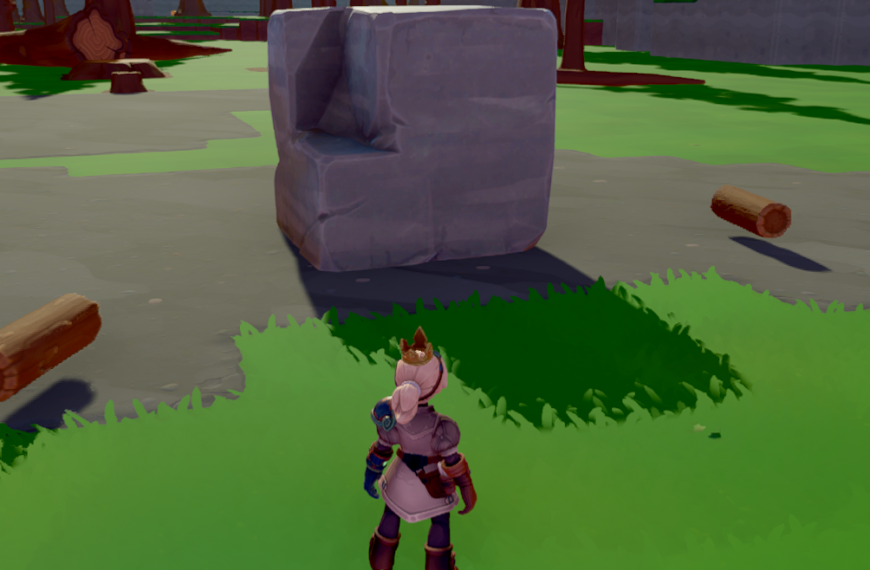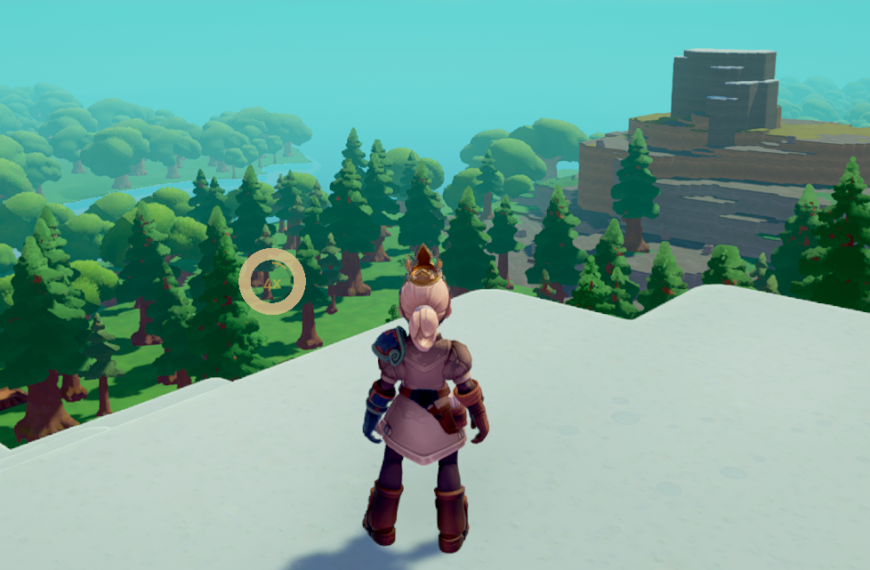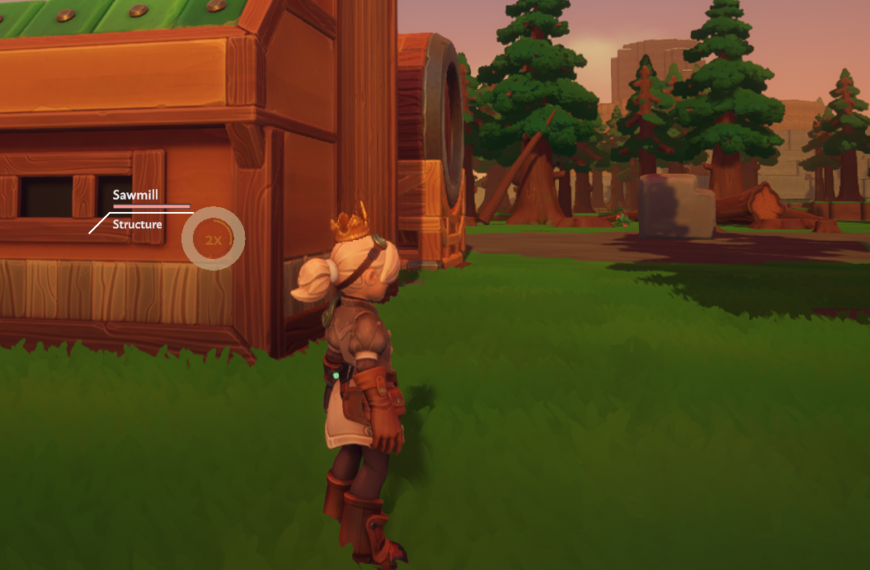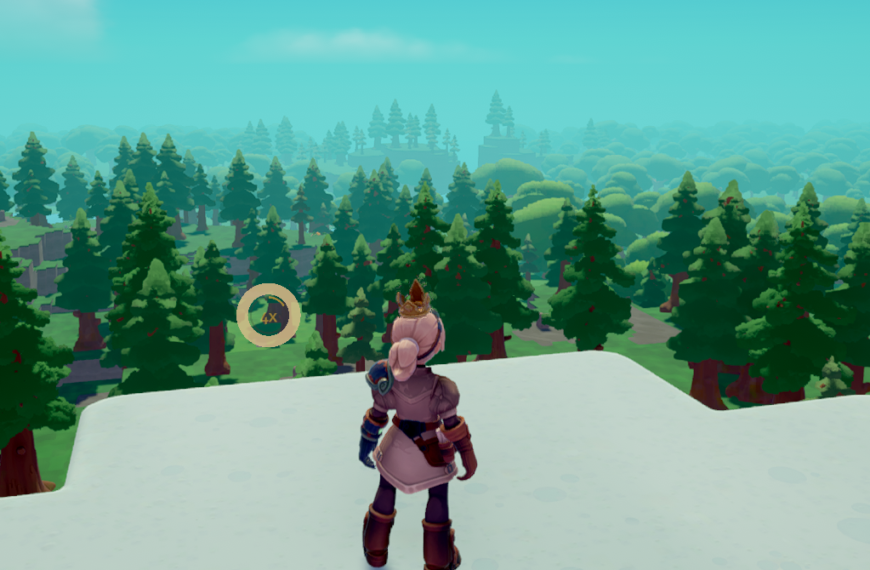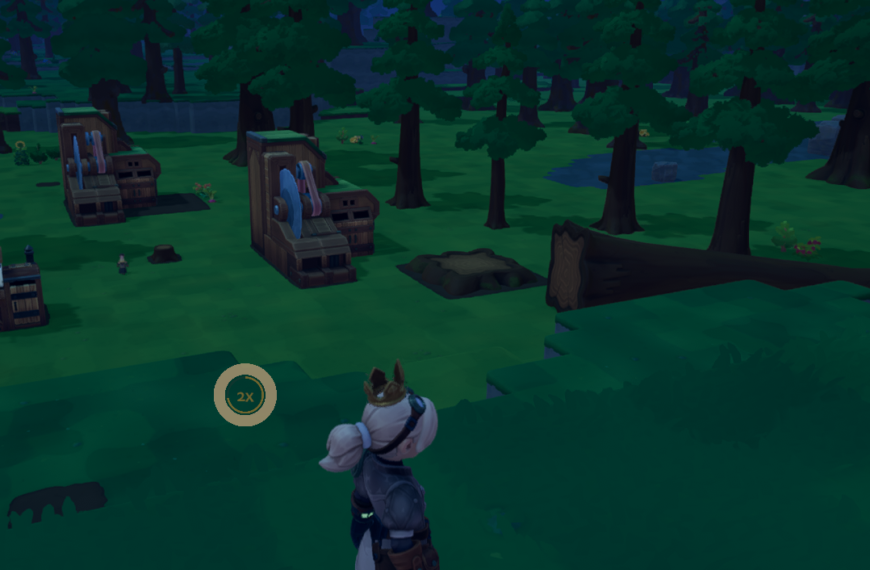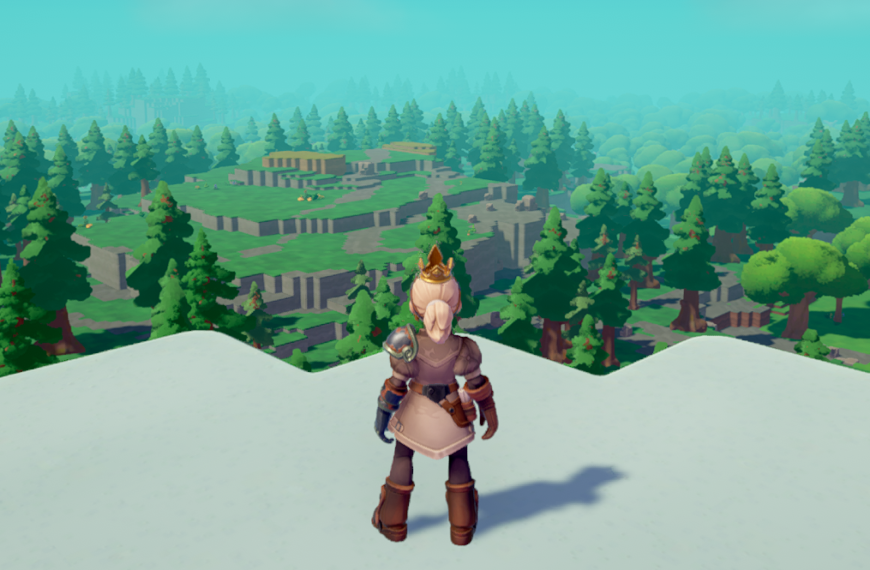Getting Started on Your Journey
When I first delved into the world of video games, I remember being overwhelmed by the sheer volume of choices available. It was like standing at the edge of a massive buffet—so many options, but which one to choose? For me, finding games that struck a chord emotionally was always important, and that’s how I stumbled upon Road 96. This game isn’t just another title; it’s a journey. A chance to experience the gripping storyline while you make choices that really matter.
Now, let’s get real here. At first, I thought I was super savvy with my choices, breezing through the plot without a care in the world. But boy, was I mistaken! I stumbled upon the “vote for violence” dilemma quite early, and it turned my perception upside down. My emotions were mixed; part of me wanted to embrace the chaos, while another part was screaming, “What the heck are you doing?!” It was a real internal struggle.
Understanding the Vote for Violence Mechanic
So, let’s unpack that. The “vote for violence” element isn’t just a quirky feature in the game; it’s a reflection of moral choices we often make in real life. At first glance, it might seem like a straightforward concept—do you support a violent uprising against oppression, or do you take the pacifist route? But as I continued my journey, I realized that every choice has a ripple effect, not only for characters in Road 96 but also for players like you and me.
In one of my startling moments, I chose violence thinking it would make things more exciting and lead to a quick win. I still remember the adrenaline that spiked through me as I pressed the button. But quickly, I was reminded that violence breeds more violence. It impacted my main character’s journey—a once hopeful teen was now wrapped in chaos, questioning not only the choices made but also their own identity. It hit me hard, and I learned that while the thrill is real, it’s pivotal to truly think about what we support.
Learning from Mistakes: The Ripple Effect
Now, here’s a tip I wish I’d known sooner: write down your choices as you go. I know, I know, this sounds a little nerdy, but trust me. As I started jotting down my decisions and the resulting consequences, I found two key things—patterns in my gameplay and deeper insights into themes like freedom versus control. Plus, it made those “vote for violence” moments a whole lot richer! It’s sort of like keeping a travel journal when exploring a new city; it helps map out not just where you’ve been but the implications of your path.
That’s right, take a moment after each session to reflect. Consider questions like, “Who suffered because of my choices?” or “Did anyone thrive due to my non-violent approach?” It’s fascinating how much you can learn about the human experience from a video game.
Embracing the Stories of Others
Road 96 is packed with characters that add layers to the narrative. One of my most memorable encounters was with a character that I can only describe as driven and desperate. She had her own story, filled with background that made her choices in the game all the more complex. I found myself rooting for her—her personal battles transformed my gaming experience from simply playing a game to empathizing with someone fictional.
Talking with her made me reflect on societal challenges we face. It’s easy as a gamer to get sucked into the fun and excitement, but be sure to remember the human stories behind those choices. Even the seemingly minor characters have such profound impacts on the storyline. I once ignored a side quest which I thought wouldn’t matter but later realized it affected my character’s relationships and resources. It was like skipping a chapter in a gripping novel and suddenly finding the ending all twisted.
Balancing Fun with Responsibility
As I navigated through more decisions, something became glaringly obvious to me: it’s easy to forget the consequences when wrapped up in the heat of the moment. I found myself struggling between wanting to take the fun, chaotic path versus keeping moral integrity intact. I guess it’s kind of like real life, where you get to choose your battles and, hopefully, learn from them.
One practical idea is to create a decision matrix. No, this isn’t a complex math problem; it’s just a simple chart where you list potential paths, pros and cons of violence versus peace, and even how you feel about each choice. When I started doing this, I was able to step back and actually analyze the situation, rather than getting emotionally swept away.
Reflecting Back on the Journey
At the end of the day, Road 96 is not just a game; it’s a microcosm reflecting much of what we deal with in our lives. The votes we cast—whether for violence or peace—echo beyond just screen time; they make us ponder our values during our personal journeys. I’ve had moments where I laughed, felt anger, and even cried a little. These experiences help strengthen emotional connections not just with the characters but with our own decisions in life.
So, as you’re roaming those virtual streets and grappling with your choices, take a deep breath. Every road will lead you somewhere new, laden with lessons waiting to be learned. And hey, if you choose to vote for violence, reflect on that and embrace the journey it takes you on. Life’s a lot richer, and you just might find a deeper understanding of both the game and yourself!
